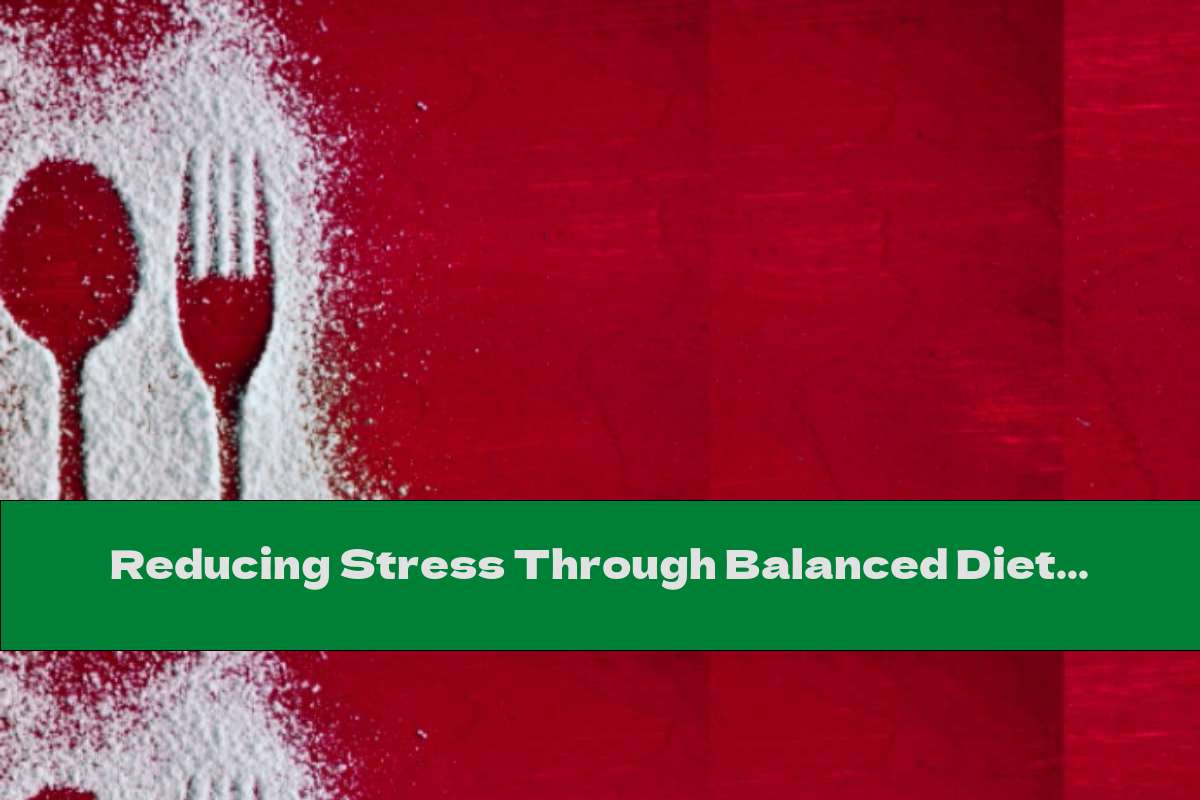Reducing Stress Through Balanced Diet And Exercise Plans
 Author: Nia Rouseberg
Time for reading: ~2
minutes
Last Updated:
February 21, 2026
Author: Nia Rouseberg
Time for reading: ~2
minutes
Last Updated:
February 21, 2026

CHAPTERS (Table Of Contents)
Are you feeling overwhelmed by stress and anxiety? Take control of your mental health with a balanced diet and exercise plan tailored to fit your lifestyle. Learn here how to reduce stress through smart nutrition and physical activity.
Feeling overwhelmed by stress? Eating healthier meals and exercising regularly can help reduce this burden, but knowing where to start may feel daunting. This article offers practical advice on how to create a personalized diet and exercise plan to reduce stress levels for better overall mental health.
Understanding the Relationship Between Nutrition & Stress Relief
Eating well-balanced meals that include protein, healthy fats, complex carbohydrates, and fiber is important for overall health, but the relationship between food and stress relief goes even deeper. Eating certain foods can help reduce cortisol levels, a hormone that increases when you’re stressed. Specifically, research suggests that omega-3 fatty acids, found in certain fish and nuts, may have a positive effect on mood. Certain vitamins like B12 have also been linked to improved mental health outcomes.
Crafting Your Diet Plan
Your diet plan should include complex carbohydrates such as oatmeal and whole grains which provide slow-burning energy without causing sharp spikes or drops in blood sugar. Fruits and vegetables are essential sources of beneficial vitamins and minerals while protein should come from good sources such as lean meats or plant proteins like nuts, legumes and tofu. Include healthy fats such as avocado, olive oil and coconut butter for a more satiating meal. Lastly, don’t forget to get enough fiber from whole-grain breads or oats which aids digestion in addition to providing essential nutrients.
Exercise as Stress Relief
Physical activity is an important component of any stress reduction plan because it helps release endorphins that reduce cortisol levels while increasing energy and improving overall mood. Find activities that you enjoy and make time every day to be active – this can be as simple as a walk around the block or taking a yoga class at your local gym. Additionally, try incorporating interval training into your routine for increased cardiovascular benefits.
Incorporating Stress-Relieving Foods
In addition to a balanced diet, incorporating foods that are known for their stress relieving qualities can help reduce anxiety and improve overall mental wellbeing. These include dark chocolate which is rich in antioxidants; almonds which contain calcium, magnesium and Vitamin E; green tea with its calming benefits; blueberries high in fiber and vitamin C; and oatmeal loaded with fiber and B vitamins.
Creating a Sustainable Diet & Exercise Program
The key to creating a successful diet and exercise program is sustainability. Start by setting small, manageable goals such as adding one new healthy food or activity each week or month until you reach your desired level of balance. It’s also important to seek support from friends and family or a qualified health professional who can help keep you on track. With the right plan in place, eating well and exercising regularly can become part of your daily routine, allowing for sustained stress relief.
Creating a balanced diet and exercise plan is an effective way to manage stress levels for better overall mental health. Incorporating healthy fats, complex carbohydrates and fiber along with vitamins like B12 and omega-3 fatty acids found in certain fish and nuts will provide essential nutrition for improved mood. Additionally, regular physical activity helps release endorphins that reduce cortisol levels while increasing energy and improving overall wellbeing. Finally, don't forget to incorporate stress-relieving foods into your diet such as dark chocolate, almonds, green tea, blueberries and oatmeal. With the right plan in place, you can create a sustainable diet & exercise program that will help reduce stress and improve your overall mental health.
Related Articles
- The Nutritional Value of Avocado Calories: Benefits, Diet Tips, and Recipes
- The Ultimate Guide to Diet ��� 7 for Improved Nutrition
- The Nutritional Value of Potato Chips: How They Fit Into a Healthy Diet
- Nutritional Benefits of Chowmein: A Healthy Addition to Your Diet
- The Ultimate Guide to a Healthy Diet: Benefits, Components, and Tips
Top Nutrition Articles Today
- . The Latest Food Pyramid: A Guide to Balanced Nutrition
- . Nutrition Guide: Importance of Food Pyramid, Meal Planning,...
- . The Role of Hydrochloric Acid in Digestion: A Comprehensive...
- . Libre2 Sensor Reset: Extending the Life of Your Glucose Sens...
- . The Power of Chalk in Nutrition: Benefits, Recipes, and Tips
- . All You Need to Know About E471 in Food: Functions, Foods, H...
- . The Essential Macronutrients of Beans: Protein, Carbs, Fiber...
- . The Nutritional Benefits of Quail: A Protein-Rich Superfood
- . List of Foods that Contain Carrageenan: A Guide to Avoiding...
- . Ascorbyl Palmitate: Benefits, Uses, and Precautions